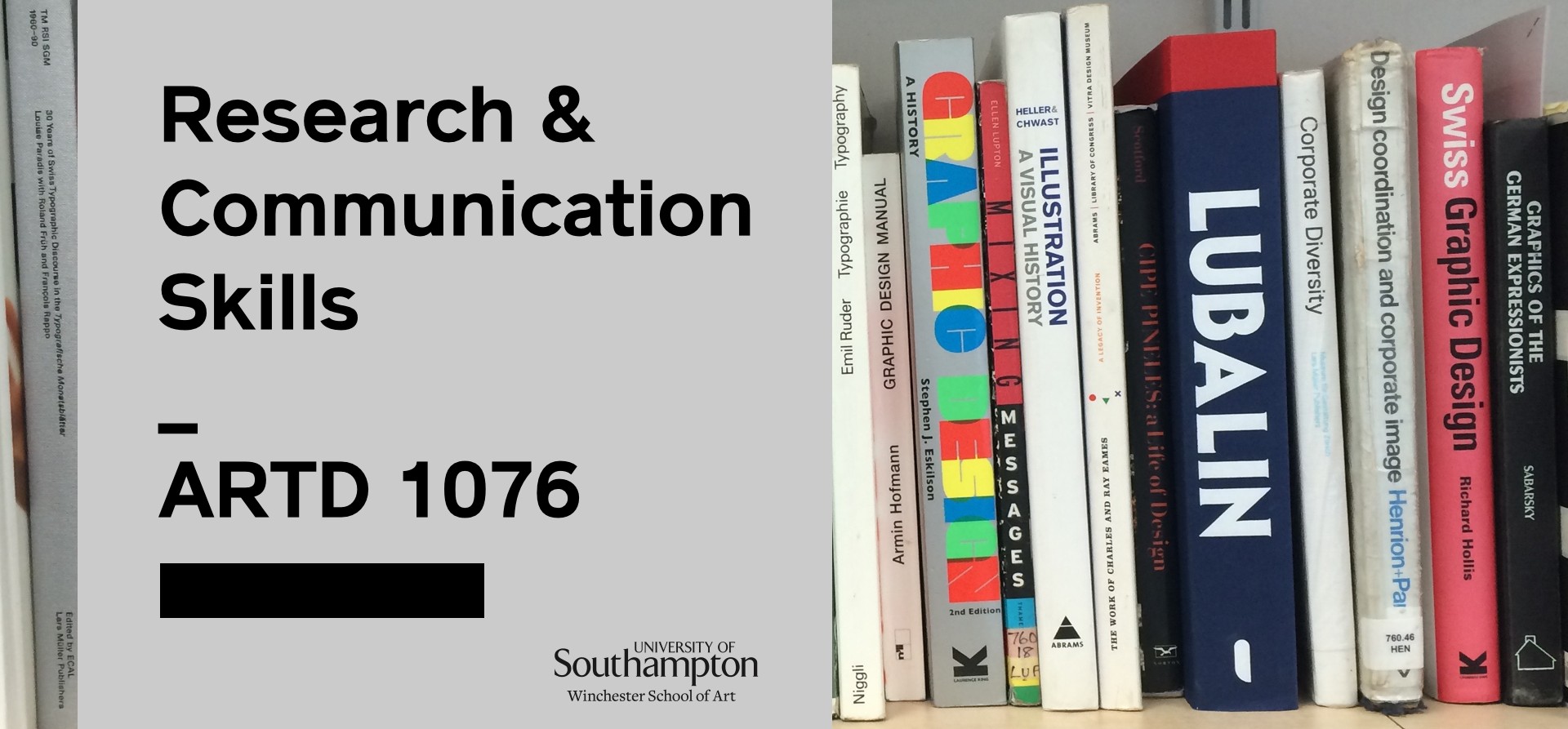> How would you describe copyright law today and why we (might) need it?
Although the idea of copyright law is to legally protect someone’s material work, different country’s legal system might work in slightly different ways to protect, yet there is a union for nations to join that allows the author’s nations laws to come into effect first. (World Intellectual Property Organization, 1979) So, to describe copyright in once case might be describing it incorrectly for a particular nation’s laws and rights.
In general, copyright was created for protecting original works, which could be in the form of music or film media, art or literary works in the broadest sense or anything created digitally (Gov.uk, 2017). The way which copyright law works is to protect others from using material work without permission. It is important to note that only ‘material’ work is protected and not ideas, unless they are written down, making them material.
The reason for professionals to want copyright laws would be to prevent other persons from using that created work for their own benefits without the author’s permission. A good and clear example of this would be the act of piracy of media such as DVD’s or music. (Laws.com, 2017) Copying for free the creations of these without paying is a copyright infringement and violates the rights of the owner/author of that media. This also applies to non-professionals that may create something as explained above, though due to the costs of legal representations, it can be difficult for some to protect their copyright. (Vandergriff, 2011)
> Outline an example where you think influence became infringement?
King Kong Vs Donkey Kong
The classic King Kong of 1933 was a film created by RKO General (IMDb, 2017), a company which later, legally forced Universal to defend their rendition of King Kong in 1976. (OpenJurist, 1986) Not long after this, in 1982, Universal filed copyright infringement against the creators of Donkey Kong, claiming that
“Nintendo infringed Universal’s trademark in King Kong when it marketed its popular video game Donkey Kong.” (OpenJurist, 1986)
I feel this case is an interesting example of where influence came close to becoming infringement. The sole reason to why both law suits were awarded to the defendants was due to the Intellectual Property(IP) of King Kong belonging to public domain. This put simply, is a type of work that cannot be copyrighted, therefore not owned by an individual or company. Anything within the public domain belongs to the public, free to use without permission. (Stanford University Libraries, 2017) Universal used this knowledge to win the case against RKO General to be able to use King Kong IP. It was this same reasoning that Nintendo was ruled for, in defence against Universal.
Although the question is where influence became infringement, I feel it is important to notice that without the public domain, Universal would not have been successful in their first lawsuit. Without public domain, Universal would have breached the copyright infringements by using King Kong IP. Therefore, would not have been in position to claim ownership against Nintendo. Both Nintendo and Universal were influenced by the original of 1933, co-authored by the author of the book upon which the film was based on. Which would mean the original film had the copyrights to the IP.
Bibliography
Gov.uk, 2017. How copyright protects your work. [Online]
Available at: https://www.gov.uk/copyright
[Accessed 02 12 2017].
IMDb, 2017. King Kong. [Online]
Available at: http://www.imdb.com/title/tt0024216/
[Accessed 03 12 2017].
Laws.com, 2017. 10 COPYRIGHT LAWS YOU HAVE TO KNOW. [Online]
Available at: https://copyright.laws.com/copyright-law
[Accessed 02 12 2017].
OBIAS, R., 2014. 11 Times Video Games Led to Lawsuits. [Online]
Available at: http://mentalfloss.com/article/55078/11-times-video-games-led-lawsuits
[Accessed 03 12 2017].
OpenJurist, 1986. 797 F. 2d 70 – Universal City Studios Inc v. Nintendo Co Ltd. [Online]
Available at: https://openjurist.org/797/f2d/70/universal-city-studios-inc-v-nintendo-co-ltd
[Accessed 03 12 2017].
Stanford University Libraries, 2017. Welcome to the Public Domain. [Online]
Available at: https://fairuse.stanford.edu/overview/public-domain/welcome/
[Accessed 03 12 2017].
Vandergriff, J., 2011. The True Cost of Copyright Infringement. [Online]
Available at: https://webdam.com/blog/true-costs-of-copyright-infringement/
[Accessed 03 12 2017].
World Intellectual Property Organization, 1979. Berne Convention for the Protection of Literary and Artistic Works. [Online]
Available at: http://www.wipo.int/wipolex/en/treaties/text.jsp?file_id=283693
[Accessed 03 12 2017].
References
http://smallbusiness.findlaw.com/intellectual-property/what-is-copyright.html/
https://copyright.laws.com/copyright-law
http://www.differencebetween.com/difference-between-copyright-and-vs-intellectual-property/
http://www.wipo.int/wipolex/en/treaties/text.jsp?file_id=283693
https://www.britannica.com/topic/Berne-Convention
http://www.clickandcopyright.com/blog/is-this-copyright-infringement-3-examples-and-explanations/
https://99designs.co.uk/blog/tips-en-gb/5-famous-copyright-infringement-cases/
http://mentalfloss.com/article/55078/11-times-video-games-led-lawsuits
https://www.nytimes.com/2017/03/07/movies/kong-skull-island-and-other-kong-movies.html
http://www.imdb.com/title/tt0024216/
https://openjurist.org/797/f2d/70/universal-city-studios-inc-v-nintendo-co-ltd
https://fairuse.stanford.edu/overview/public-domain/welcome/
http://www.nintendoworldreport.com/feature/23122/nintendo-history-101-donkey-kong-vs-king-kong
